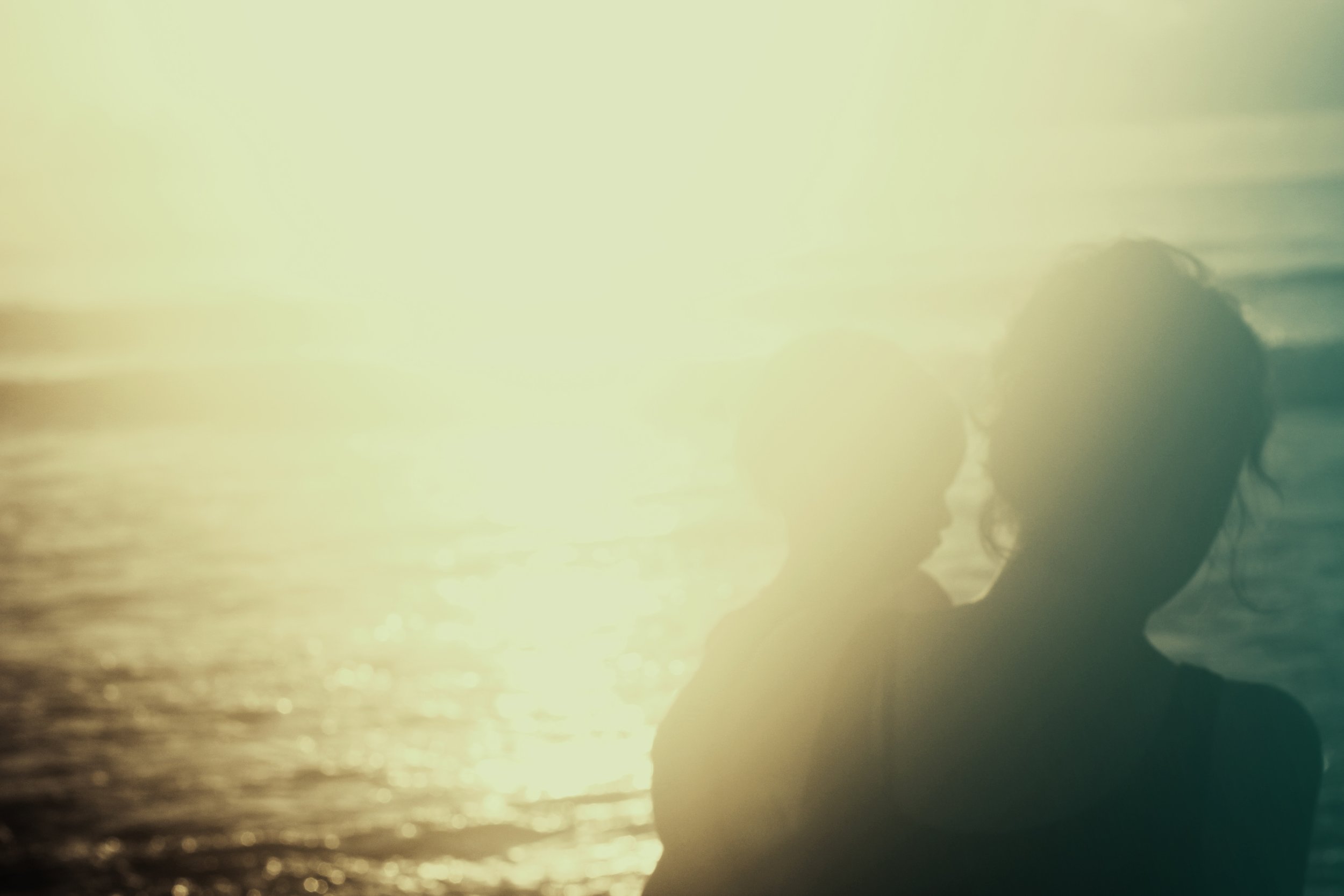The Heart of the Matter

This is going to be a hard, honest post. First of all, I do not intend for this to sound like a maudlin sob-story, and if it comes across that way, I’m sorry. These are real thoughts and feelings that I’ve been mulling over the past few days, and I finally decided I should share them. I hope—at the very least—it may spark some new ideas in people’s minds.
This is the truth: every single day of my senior year of high school, I sat and ate lunch at a table in our cafeteria completely by myself.
The busy lunchroom would be filled with kids joking, laughing, planning their weekends.
I would quietly find my customary spot at an empty table and eat in isolated silence.
While my peers were happily engaged in talk about the homecoming dance or lamenting the upcoming chemistry test, I sat alone with a broken heart.
No one knew that my parents were going through an ugly divorce, after years of abusive alcoholism and addiction had chipped away the foundation of my family. My mother had just come out of the detox ward at UAB, where she had literally tried to burn down the hospital wing where she was kept, strapped to a bed because she had been so violent with the nurses. (She was a corker; she had smuggled in her lighter after one of her chaperoned smoke breaks.) UAB sent her home and said they couldn’t treat her because her blood alcohol level remained too high. She left my father and filed for divorce.
My sister and I helped our father re-roof our house, because he had to get it ready for re-financing after the divorce. He couldn’t afford to hire a professional work crew to do this, so we had to do it ourselves. For months, every day after school and every weekend, we were up on the roof, trying to figure out how to lay shingles.
That same year, one of my teachers, who I respected and admired, sexually assaulted me in the school art closet.
Even though I had a few friends in some of my classes, lunch time was different. Not once during the school year did any one of my peers come over and speak to me at lunchtime. Not once did anyone invite me to sit with them. Not once did anyone even say hello. I felt alone, sad, and heartbroken. My home life had come apart, and all I wanted to do was try to make good grades and figure out a way to afford to go to college. And, a part of me seethed.
I was angry and bitter and envious of these other kids who seemed to have such happy, carefree lives with normal parents who had saved up money to help them with college. I know now that they all had demons they were battling, too, but what matters is that—at the time—what I saw were the groups of friends and how I wasn’t part of any of them. A tiny something inside of me hated them all for it.
Only two years afters I graduated, the news of the Columbine shooting broke. I remember my very first thought: “I’m not surprised.”
I realize now a lot of my angst as a teenager was faulty and selfish, and a result of my developing cerebral cortex. My peers hadn’t done anything wrong to me. No one bullied me or mistreated me. But imagine if they had. It would’ve compounded an already bad situation. Might my feelings of anger and resentment have blossomed into actions?
The root cause of these massive acts of violence — in my opinion — is social isolation and a culture that perpetuates it. Often, these perpetrators are people who feel forgotten, unheard, unloved, marginalized, and disrespected. In actuality, they are real people — persons with flesh and blood and feelings. Really HUGE feelings that they don’t know how to articulate or cope with, and no one in their life who would even notice they were struggling with these things before it’s too late.
If we want to end these things, we have to change our culture of separation and division. We must begin caring for one another.
I’ve heard some people say, “It’s because they’ve removed God from the schools.” Guess what? God doesn’t work through a school. Or a church. He works through the hearts and minds of people who have decided that no matter what—no matter how uncomfortable or inconvenient or awkward it may be—they will REACH OUT TO OTHERS.
Teach your children that loneliness is unacceptable. Someone sitting by themselves at lunch is UNACCEPTABLE. Teach your children it is their duty to look for these people and reach out to them. At least try.
Teach your children that they shouldn’t allow themselves to become lonely. Teach them how to introduce themselves to people and engage in conversation. Teach them that rejection happens sometimes; but they will be okay because there are billions of people in the world, and if they keep trying, they will find their friends.
Teach your children to choose kindness. Always. There is no other option.
Everyone in this world has felt alone at some point in their lives. When you think about it, it is the most crushing feeling there is. Those of us who are lucky have family or friends that give a damn, and hold our hands while we walk through the darkness. Even if it is an inconvenience, or uncomfortable, or a bit scary, this is what we must do for each other.
Reach out your hand, and teach your children to do the same.




